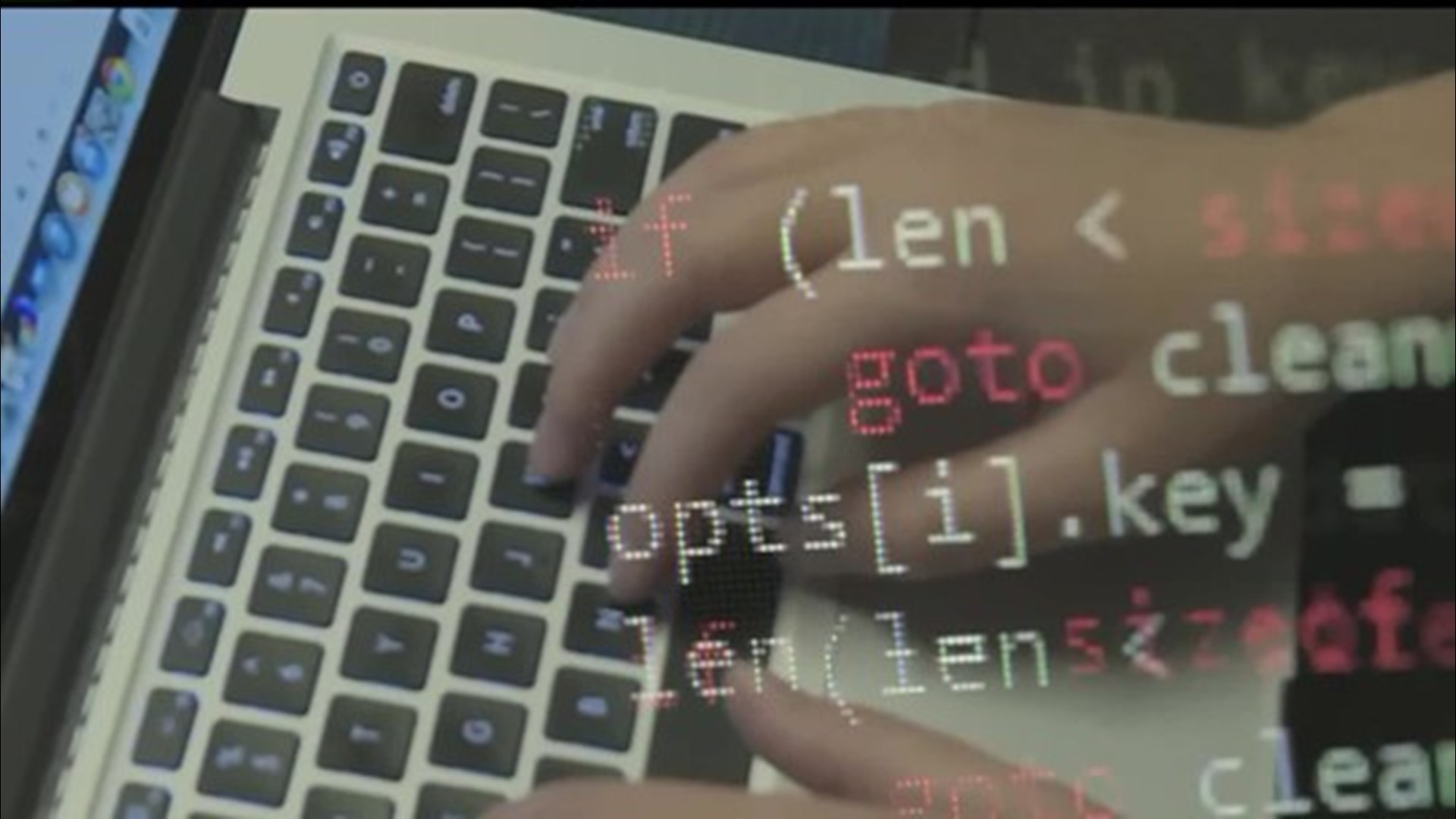PENNSYLVANIA, USA — When you leave your house, do you usually lock your front door? Or if you park your car, do you roll our windows up and lock the doors with your keys? Usually, yes.
Cybersecurity experts say people should have the same mindset toward their digital footprint and online information.
Since October is Cybersecurity Awareness Month, cybersecurity experts want to offer tips for people to use when online.
The most common risk people run into online is phishing. Think of the emails you get that want you to click on a link and then will download something on your computer. Or when you click on a link and it wants you to enter your personal information because you think you're logging onto a trusted site.
Experts say that everyone can run into these situations.
"It's everyone's problem," said Michael Sage, CIO of the County Commissioners Association of Pennsylvania. "Whether it be a business manager, a CEO, an elected official or whoever, it's your problem, and we all need to think about it."
Sage says these scammers can attack people from everywhere, and they are trying to steal personal information, such as bank accounts, social security numbers and more.
But cybersecurity experts say there are ways to stay safe:
- If you see something, say something. If you receive an email or text message that seems off, ask someone if it looks suspicious or consult an expert.
- Sharing is caring. If you know of a new update to a device or program that helps with cyber security, let people know! Or if you know of a common scam occurring online, warn people to stay vigilant.
- No password should be the same. To protect your personal information on all platforms and devices, cybersecurity experts say to create numerous safeguards online. Just in case one password gets breached, it won't create a domino effect where all accounts are at risk.

